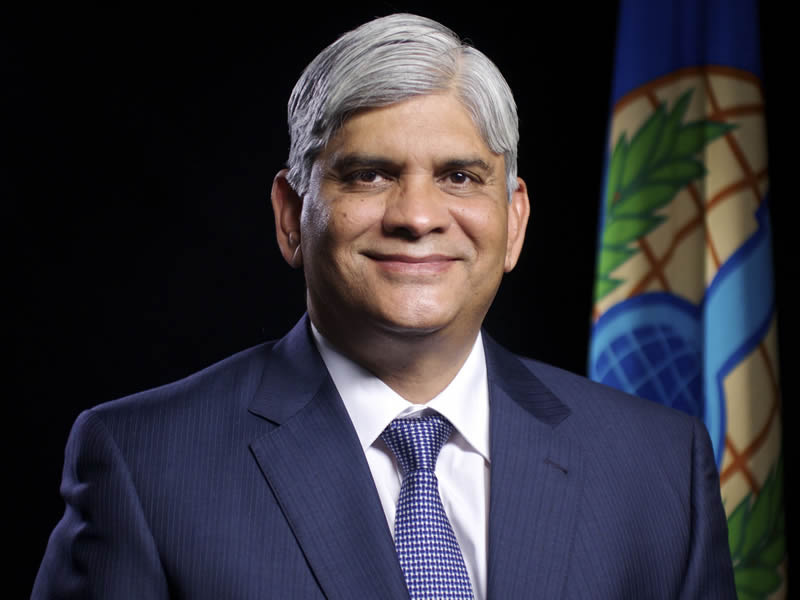
Organization for the Prohibition of Chemical Weapons (OPCW) Deputy Director-General Hamid Ali Rao highlighted chemical safety and security as a priority area for engagement during a recent official visit to Dhaka, Bangladesh, for the International Seminar on Advanced Chemical Safety and Security Management.
“The globalized nature of trade adds further avenues by which chemicals can be diverted to prohibited activities,” Rao said. “Thus, the dangers associated with non-state actors are not the problem of just a single state or a single region – they are an international threat.”
In early October, OPCW’s Executive Council adopted a resolution on addressing the threat posed by the use of chemical weapons by non-state actors. Rao stated that the threat of chemical terrorism wasn’t a potential concern, but a reality and that national authorities needed to work together to prevent the reemergence of chemical weapons.
Rao also spoke on the Chemical Weapons Convention’s (CWC) 20th anniversary of being entered into force and how science can help the implementation of the convention’s provisions.
“At the very heart of the OPCW’s work is science and promoting its peaceful use,” Rao said. “As the future chemical engineers, toxicologists, and scientific researchers, to bear the real weight of ensuring that chemistry is never again used to wage war.”
Bangladesh was one of the CWC’s earliest signatories in January 1993 and eventually became a State Party to the convention in 1997.
As the implementing body of the Chemical Weapons Convention, the OPCW oversees the implementation of its provisions, including the elimination of an entire class of weapons of mass destruction.
Since the convention’s entry into force in 1997, more than 96 percent of all chemical weapons stockpiles declared by possessor states have destroyed under OPCW verification protocols.




